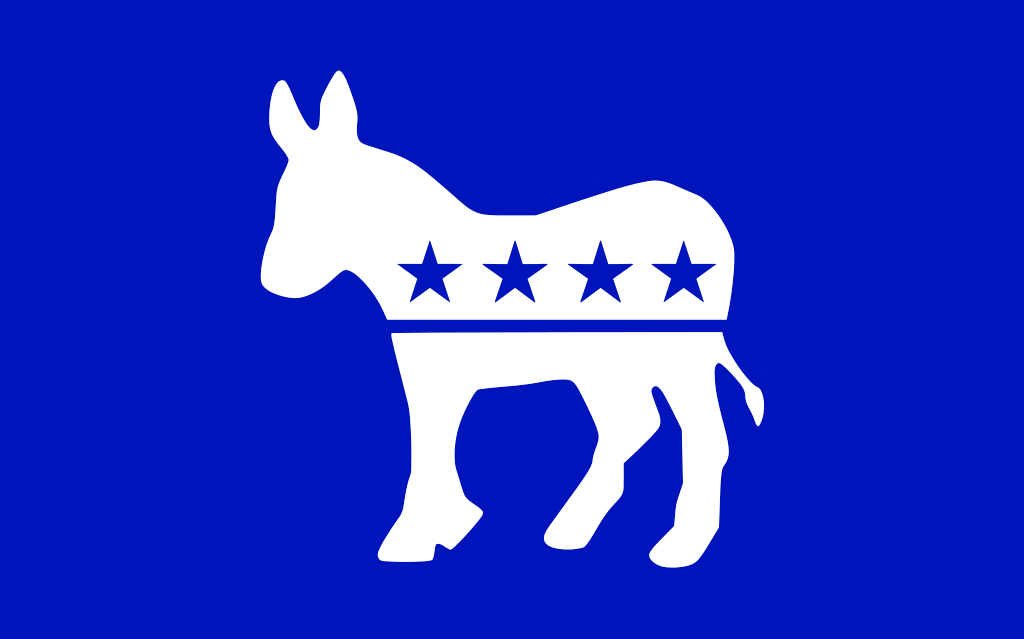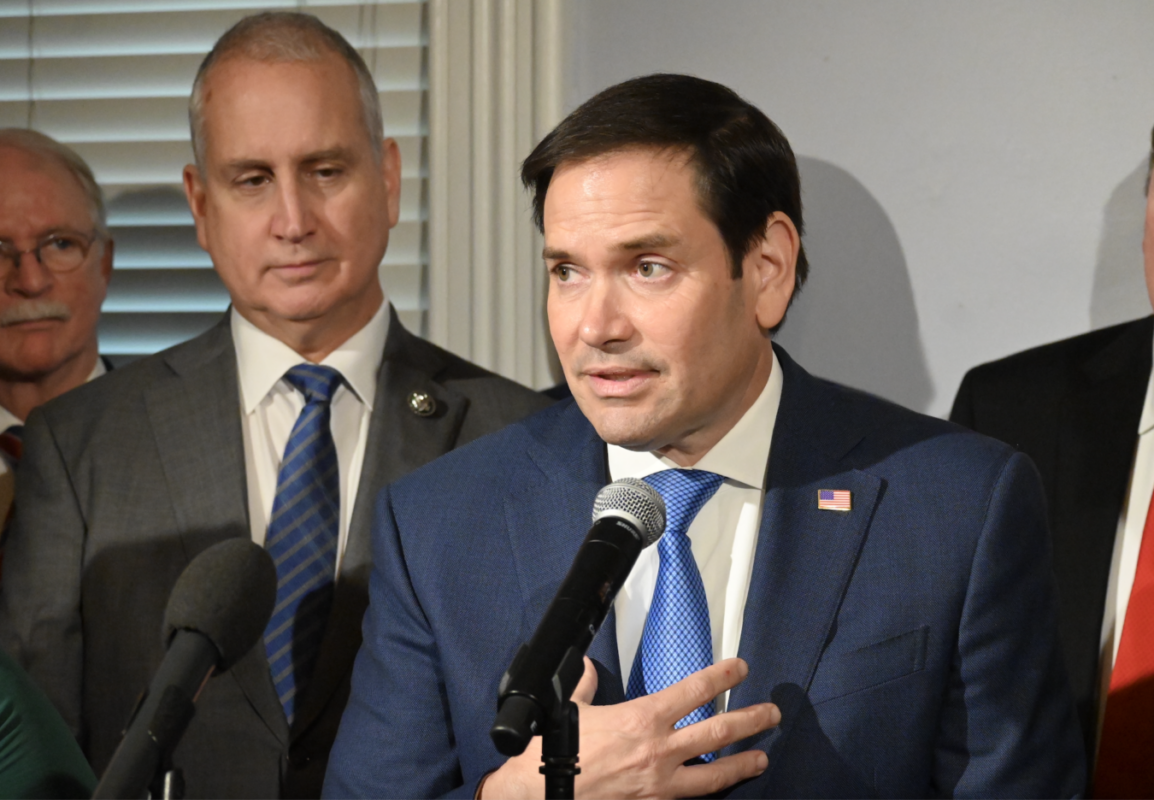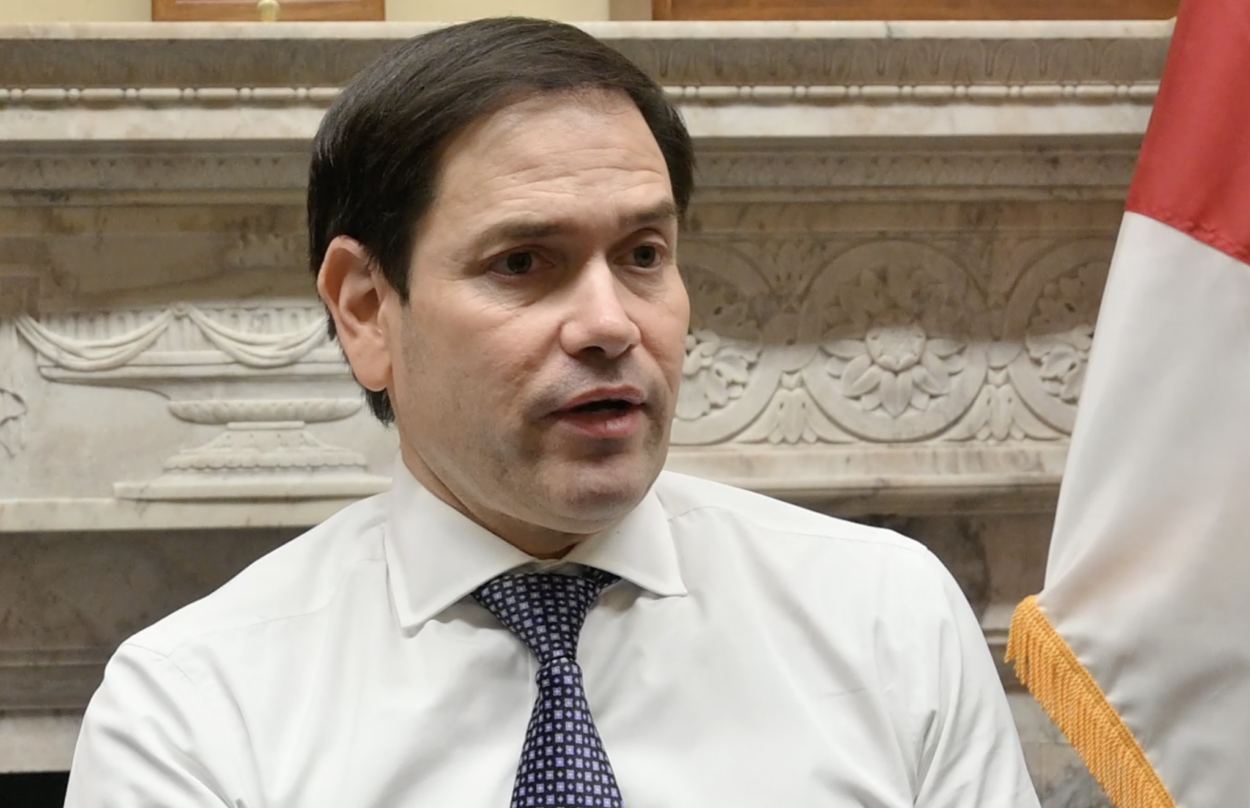Maligning foreign influence on American politics has become a worrying concern. It is often subtle, amplifying talking points that are already common. Senator Marco Rubio (R-FL) spoke of this at the end of a recent Senate Intelligence Committee hearing, saying, "Whatever the issue is here, I can see [foreign influence] becoming part of it, even in our daily political debates."
Sen. Rubio began by contrasting foreign influence and cyberattacks. While hackers are still difficult to track and neutralize, cyberattacks are "technical. A red state, a blue state, they are both going to be equally impacted. They are both fertile ground for hacking, especially when you get down to the congressional and even local levels."
"Foreign malign influence is a lot trickier," the Florida Senator continued, highlighting that influencing people can be achieved more subtly than breaking into a technical system. "Some of these operators are largely focused on amplifying what are already authentic beliefs in American politics. People already believe these things. They just simply amplify things that people are already saying," said Sen. Rubio.
For instance, Iran has used social media to promote infighting and push progressive, pro-Palestine talking points. In contrast, Russia has done the opposite, denigrating Democratic politicians and amplifying sentiments against funding for Ukraine. Even Cuba, as Rubio pointed out, has taken to the internet to amplify hostility against Florida lawmakers.
Artificial intelligence (AI) only confounds the problem further, as Congress must be able to notify the public that a picture or video is fake without "tipping the scales in favor of your preferred candidate."
As Rubio aptly described, "Let's say…somebody comes up with a video that comes out about Biden, and the DNI…says this video is a fake. I can see where people on the Trump side would say, "That's just because you're trying to help Biden; it's probably a real video." The reverse would be true in a different scenario. It's a hard thing to do. But someone has to be in charge of coming forward and at least saying it's fake, even if we can't attribute it."
Thus, while this does not make everybody who believes these things a foreign asset, nor do these countries seek to help one side of the aisle in Congress, combating malign foreign influence will remain a difficult challenge for the United States.
"We really need to get a handle on it. It's a tough one, but we really need to because it's going to get far worse and far more sophisticated with many more players. It will pose a grave danger at some point of turning into something that we haven't fully anticipated. I hope we can continue to work on finding a way forward because I'm sure they'll be talking about this after we're both gone. This will still be a factor," Rubio concluded.











